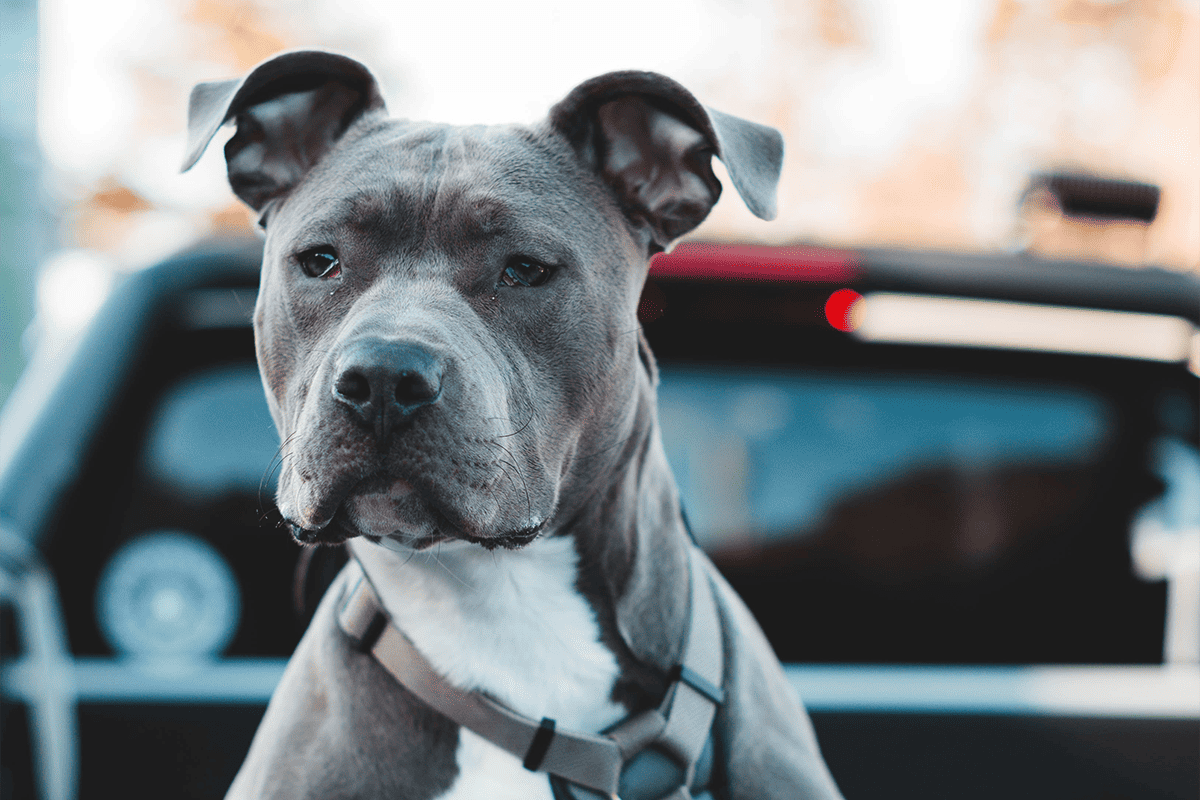New Florida law removes Miami-Dade’s pit bull ban

MIAMI – A new Florida law went into effect Sunday that removed Miami-Dade County’s pit bull ban, which has been in effect for more than three decades.
The new law, carried by Rep. Demi Busatta Cabrera, R-Coral Gables, and Sen. Alexis Calatayud, R-Miami, removes a Miami-Dade County ordinance that bans pit bull dogs from being brought into the county among other restrictions against specific dog breeds.
The new law affects all Florida counties and prohibits local governments from placing bans or restrictions on dogs based solely on their breed, size or weight.
The law removes the grandfather provision in statute which allows local governments to enforce dog breed-specific regulations if the ordinance enacting such regulations was adopted before Oct. 1, 1990.
This change effectively nullifies Miami-Dade County’s and the City of Sunrise’s existing regulations and restrictions on owners of “pit bull dogs.”
Miami-Dade was the only county in Florida that made it illegal to own a pit bull since the law was enacted after a 7-year-old girl was attacked by a pit bull in 1989.
According to the Miami Herald, Melissa Moreira was attacked by a pit bull in 1989 and underwent more than eight reconstructive facial surgeries due to the attack.
After the attack, Miami-Dade County enacted a regulation that imposed certain requirements on residents regarding pet ownership, which included prohibitions against dog breeds classified as “dangerous.”
The state law still allows local governments to impose restrictions or additional requirements on owners of dogs classified as “dangerous” and develop procedures to implement policies without singling out a specific breed, according to the bill analysis.
If an owner’s pet was classified as a “dangerous dog” by an animal control officer investigation, the dog would either be impounded or would have to be “safely confined by the owner” under the current law.
Within 14 days after a dog was labeled “dangerous,” the owner has to register the dog with the animal control authority and renew the certification annually and would be required to put warning signs among other requirements on their property.
Florida law defines a “dangerous dog” as any dog that has aggressively bitten, attacked, endangered or inflicted severe injury on a human being.
Florida law also defines a dog as “dangerous” if it has more than once severely injured or killed a domestic animal, or has, when unprovoked, chased or approached a person upon the streets, sidewalks or any public grounds in a menacing fashion or apparent attitude of attack.
A “dangerous dog” has to remain enclosed at all times unless it were muzzled and restrained. If the owner failed to follow the requirements, they have to pay a fine.
The law allows Public Housing Authority to adopt policies imposing restrictions or additional requirements on owners of dogs deemed as “dangerous” and develop procedures or criteria to aid in the implementation of these policies.
The law expands the current prohibition on local governments adopting breed-specific regulations to include a prohibition on regulations based on the size or weight of the dog and provides that the same restrictions apply to policies adopted by Public Housing Authority.



